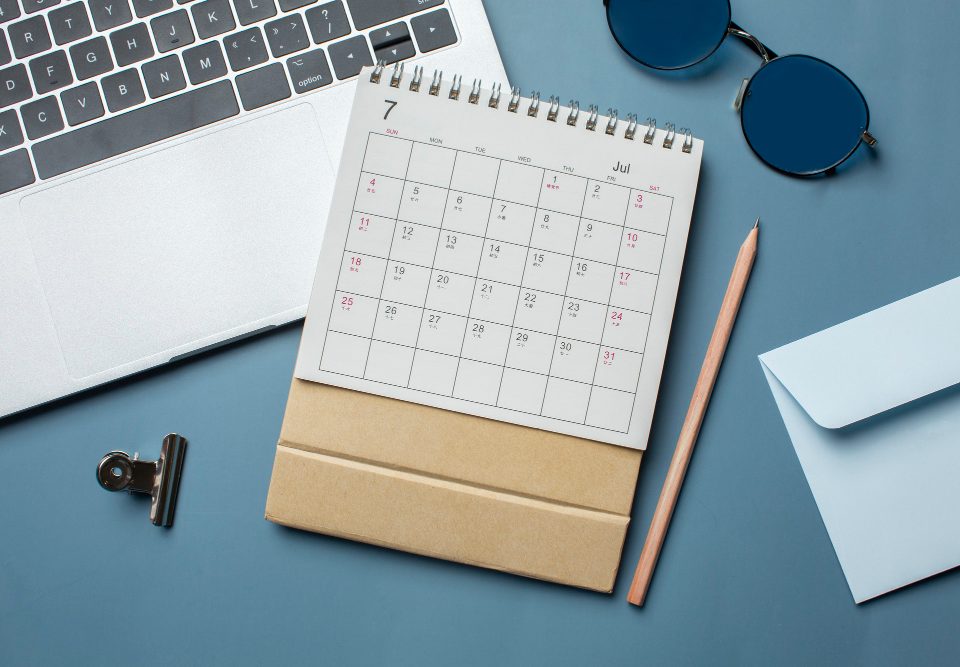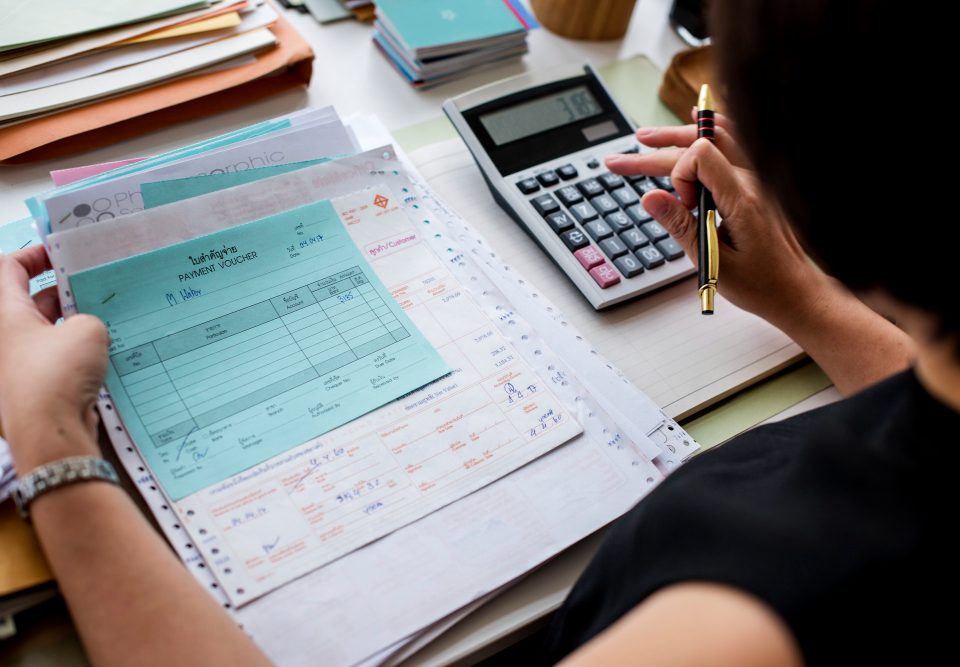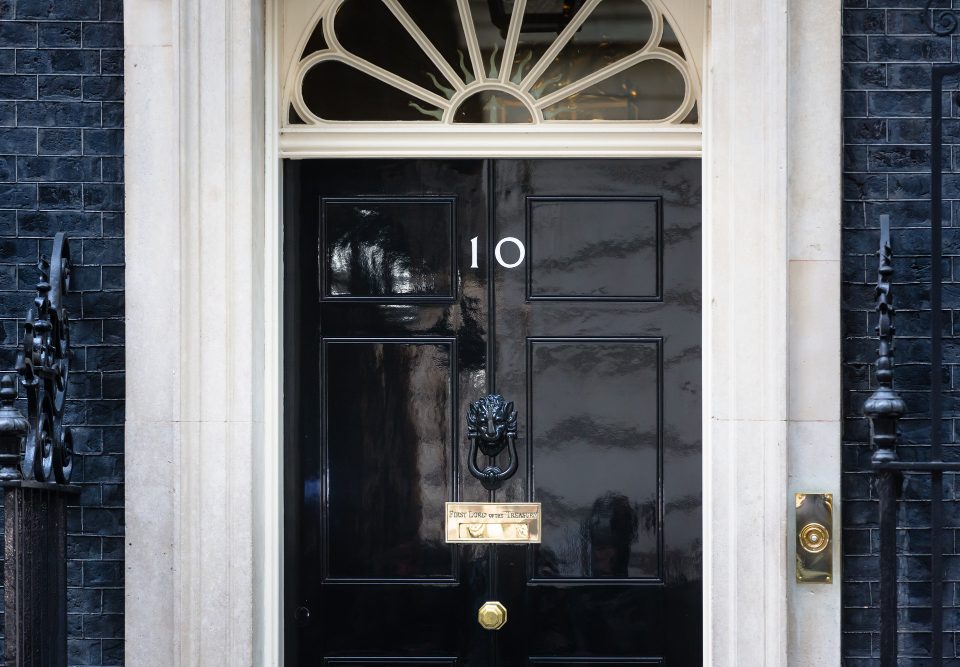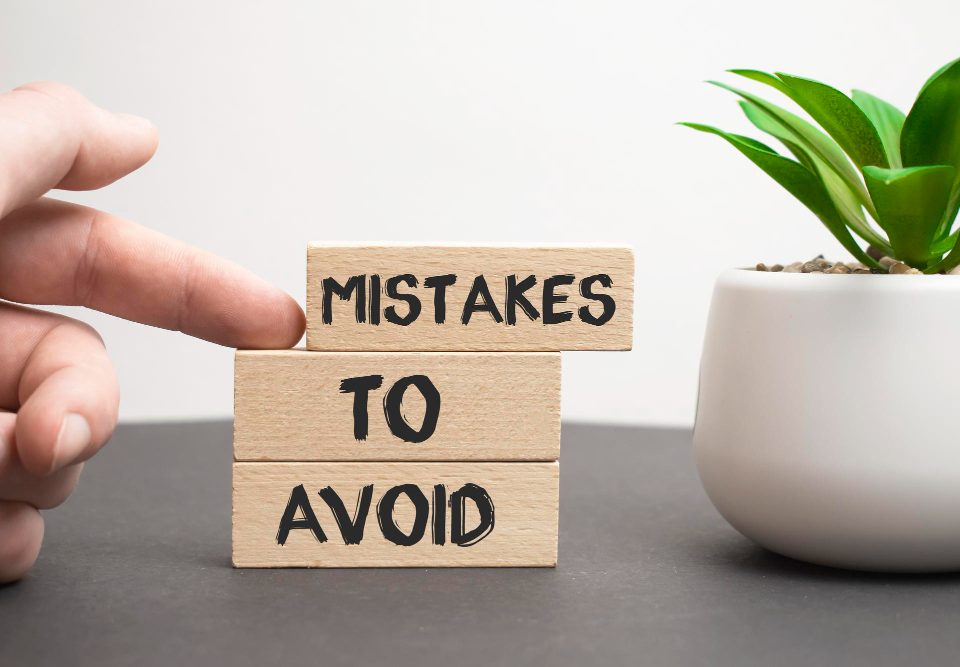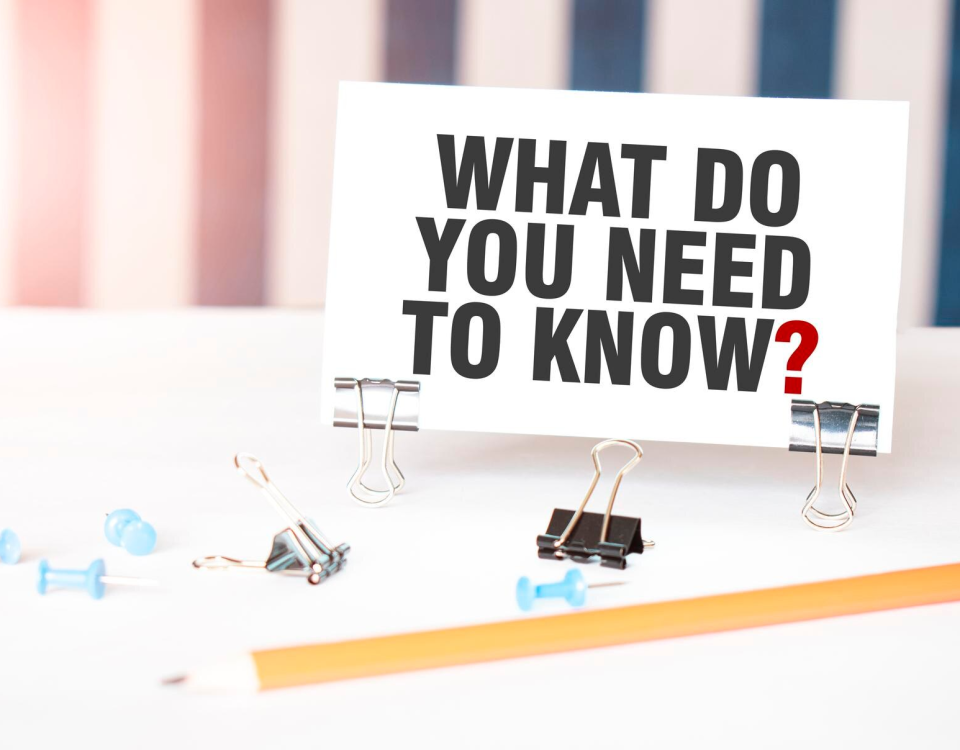If you’ve paid too much tax over a year, then the good news is that you can claim some back – as long as you can prove that you’re owed it. A tax rebate consists of any overpayment you have made over the course of a year. Have you ever wondered, do you get rebates automatically? We’ll look at the types of rebates you could receive automatically, and of course, the ones that require a little more input.
The process for Pay As You Earn
If you have worked through Pay As You Earn (PAYE), then things are normally done on your behalf. Every year HMRC checks the long list of PAYE records, which will inform them of anybody who has underpaid or overpaid tax.
If you have overpaid, then HMRC will post you a P800 tax calculation between June and October, and this will give you instructions on how to receive your rebate. If you have underpaid, then HMRC will usually collect any taxes due in instalments over the next year. This will happen automatically if you:
- Pay Income Tax through an employer or pension provider
- Earn enough income over your Personal Allowance (£12,570 from tax year 21/22 and will remain until 25/26) to cover the underpayment
- Owe less than £3,000
If any of these points do not apply to you, HMRC will contact you directly with alternative ways of collecting the money.
The checks for underpayment and overpayment completed on an automatic basis, however in some cases you may be entitled to additional allowances or relief. You must contact HMRC if you believe you have paid too much tax as a result of this, as these are not routinely checked and you could miss out on a chunk of your rebate.
Things are a little different if you aren’t PAYE
The situation becomes a little more complicated if you don’t fall into the PAYE category. However, you are still able to claim a refund on any overpaid tax.
If you are self-employed, or have any income that isn’t taxed at source, you will need to complete a Self-Assessment Tax Return. HMRC has a handy tool that will point you in the right direction as to whether you must complete one or not. If this is required, you would need to register for Self-Assessment and file your tax return by either the following 31st October (if done via a paper form) or 31st January (if filed online) after the tax year has passed.
If you complete a Self-Assessment Tax Return, your rebate will be dealt with at the same time as the processes work in tandem. HMRC would deal with any tax overpayments once they receive your tax return, but these can take some time to process. You can choose how your rebate is paid back to you (bank transfer, cheque), or you can choose to contribute it towards your next tax bill.
You must act fast, as tax returns can only be corrected up to twelve months after the Self-Assessment Tax Return deadline for that relevant year. After this time has passed, HMRC will only grant refunds in exceptional circumstances.
We can help
Obviously, these rebate processes take time, and we think it’s important that your money gets back in your pocket.
With Brian Alfred, there’s no need to wait until the next time your tax return is due. How do you get started? It’s as easy as requesting your pack, completing it, and sending it back to us using our freepost address. Sit back and relax whilst our experts do the rest, giving you complete peace of mind.



